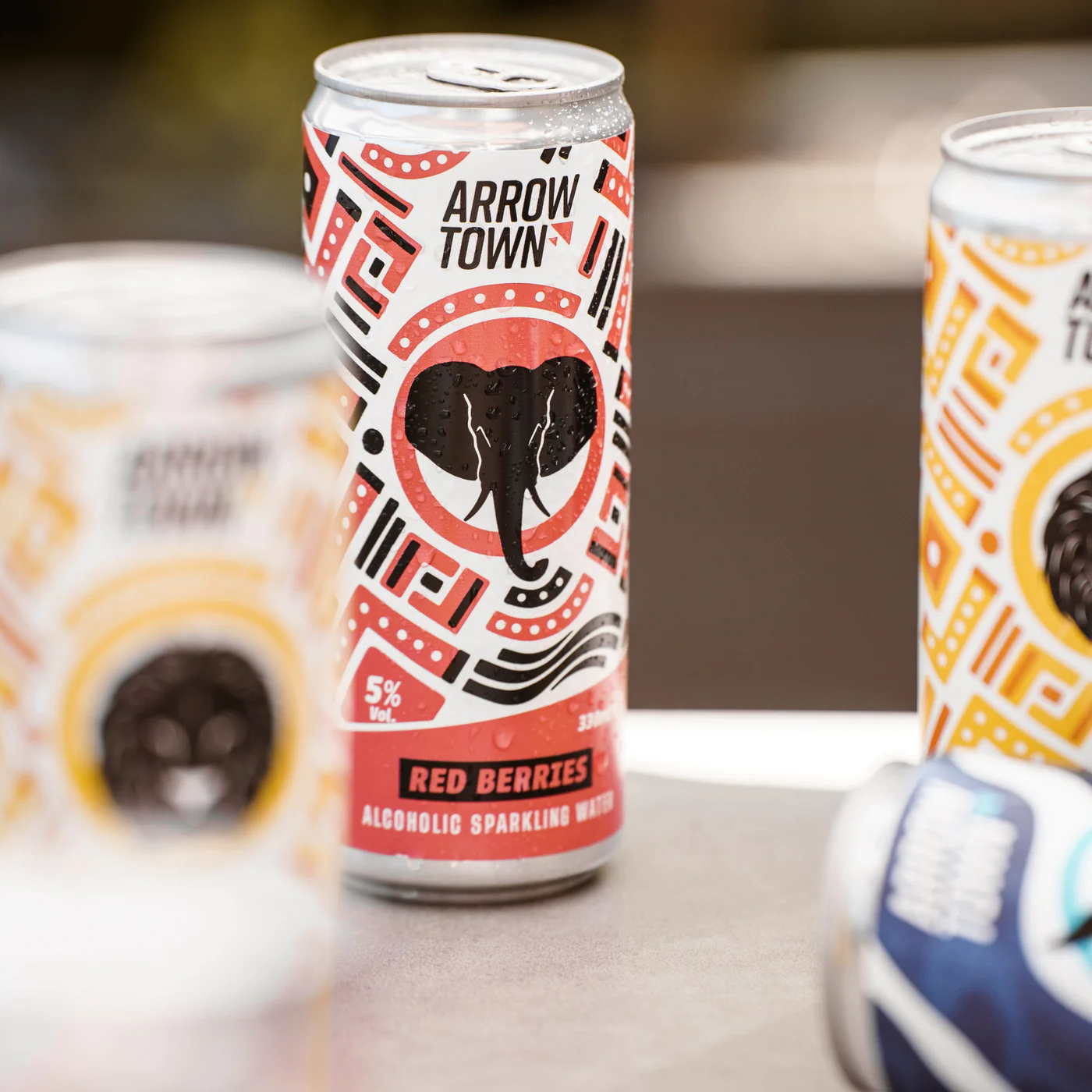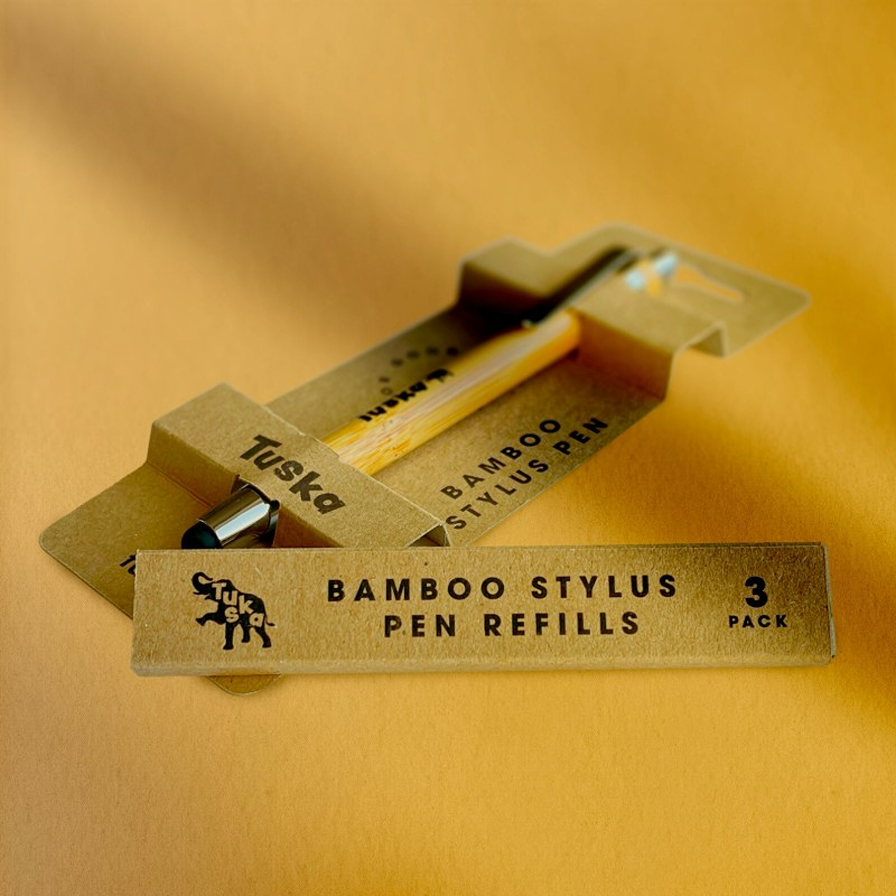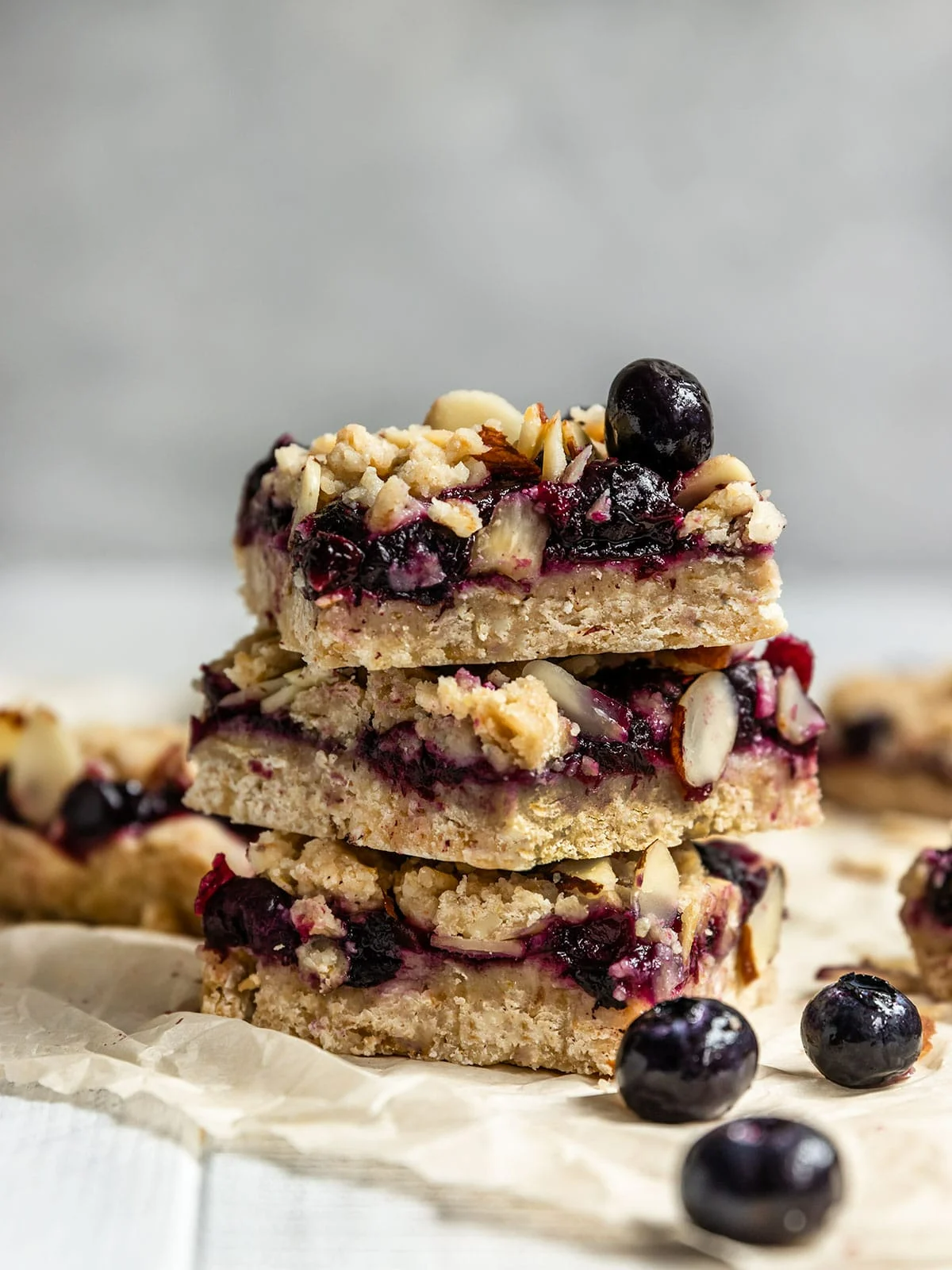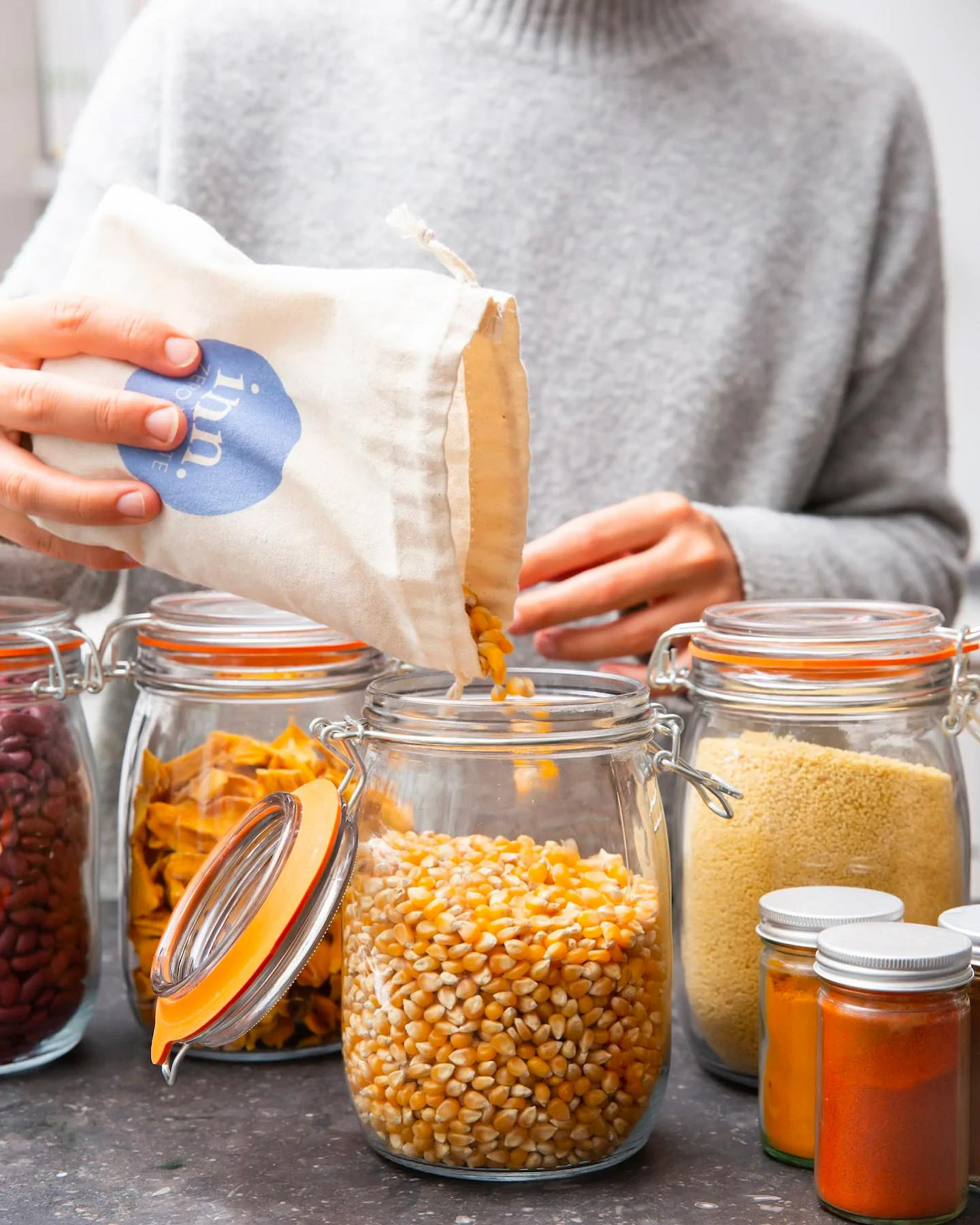
Most towns these days have a zero waste shop, usually decorated in muted tones to offer bulk buys of food and other staples (a bit like the old ‘scoop shops) along with reusable items (coffee cups, water bottles) and plastic-free essentials (toothbrushes etc). They are great to support, in a sea of big chain stores and supermarkets that make profits from disposable plastics.
Read food safety for people & pets. Avoid essential oils (beauty, cleaning, laundry) for pregnancy/nursing or affected medical conditions (also use unscented products for/near babies & pets).
If planting green spaces, learn how to make gardens safe for pets (includes indoor plants to avoid). Avoid facing indoor foliage to gardens, to help stop birds flying into windows.

Enter your postcode at The Zero Waste Network to find your nearest zero waste shops. Pebble Magazine also has a good extensive list of the best zero waste shops in England, Wales and Scotland. Three of note are:

- Zero Green (Bristol) not only sells zero waste staples. But if you have a coffee at their shop, you can eat the cup as it’s edible! It tastes a bit like a thick ice-cream cone and the drink will keep for around 40 minutes, before the ‘cup goes soggy’ (the paper sleeve holder is then recycled).
- Get Loose Foods (London) is run by volunteers, and all profits go to local community projects.
- True Food Co-op (Berkshire) is an ethically run community zero waste supermarket in the heart of the home counties. Members pay a one-off £5 fee to get exclusive discounts (and volunteers earn up to 15% discount.
how do zero waste shops work?

Unicorn Grocery (Manchester)
Most use a tare ystem, so you can take your own paper bags or glass jars (all shops sell them if you forget). Then you just pay for the food (not packaging, like with supermarkets that add aroudn a third on the price to pay for it). It’s your responsibility to ensure they are clean for your own safety, then you simply bring them back again when you need to fill up.
As prices are based on weight (and food is loose), you save money and avoid waste. It’s also not good to buy too much flour (weevils) or spices (they lose flavour after a while). And if you are making a big curry for a crowd, you can just buy the rice you need, then not be left with a big bag to go out-of-date.
does it cost more to shop at zero waste shops?

It depends on what your philosophy is. Yes items will cost more, because they are locally made by artisans and are of quality. However, if you make a few lifestyle adjustments, then you can cut back in other ways. For instance, a reusable coffee cup or water bottle costs more to begin with. But then if you use them to make your own coffee and drink filtered tap water, long-term it balances out.
If you buy a proper bar of handmade soap that doesn’t dry your skin out, you can likely give up all the other beauty items from the chemist, so again it saves money long-term. Just ‘shopping at the zero waste store’ will cost more. But combined with a different philosophy of making small gradual changes to a simpler life, you’ll find you’ll likely be happier and a bit richer too!
Watford’s first zero-waste shop even upcycled the original sign (Abell) and called the shop ‘Refill-able’, so as not to have to buy a new shop sign! They just amended the wording slightly, proving that inventiveness is more interesting and cost-effective too. This is one of a growing number of zero waste stores that also offer loyalty schemes, so you can get little discounts in return for supporting them.
mobile zero waste shops for rural areas
Just like mobile libraries, rural areas are now benefitting from people who buy a van, stock it with zero waste essentials and wiggle around villages in their local area. What a wonderful way to earn a living!
Roots and Hoots is an off-shoot of Brighton eco vegan supermarket Kindly. it offers a home delivery service of zero waste staples to towns and surrounding villages. It goes as far as Eastbourne to the east and Arundel/Chichester to the west. The delivery vans are emission-free.
Incredible Bulk (Cornwall) delivers to several villages in this rural but fairly small county, so it’s likely the van will be visiting near you at some time or another.
England’s first zero waste shop

Earth. Food. Love (Devon) was England’s first zero waste shop, and the founder is also co-founder of ReRooted organic plant milks (sold in returnable glass bottles). The interesting story behind this shop is that it was founded by a former Manchester United footballer (and his wife) who gave it all up to help save the planet. He says that if you told him he would have given up a lucrative career in his late 20s to become a shopkeeper, he never would have believed you!
England’s largest zero-waste supermarket
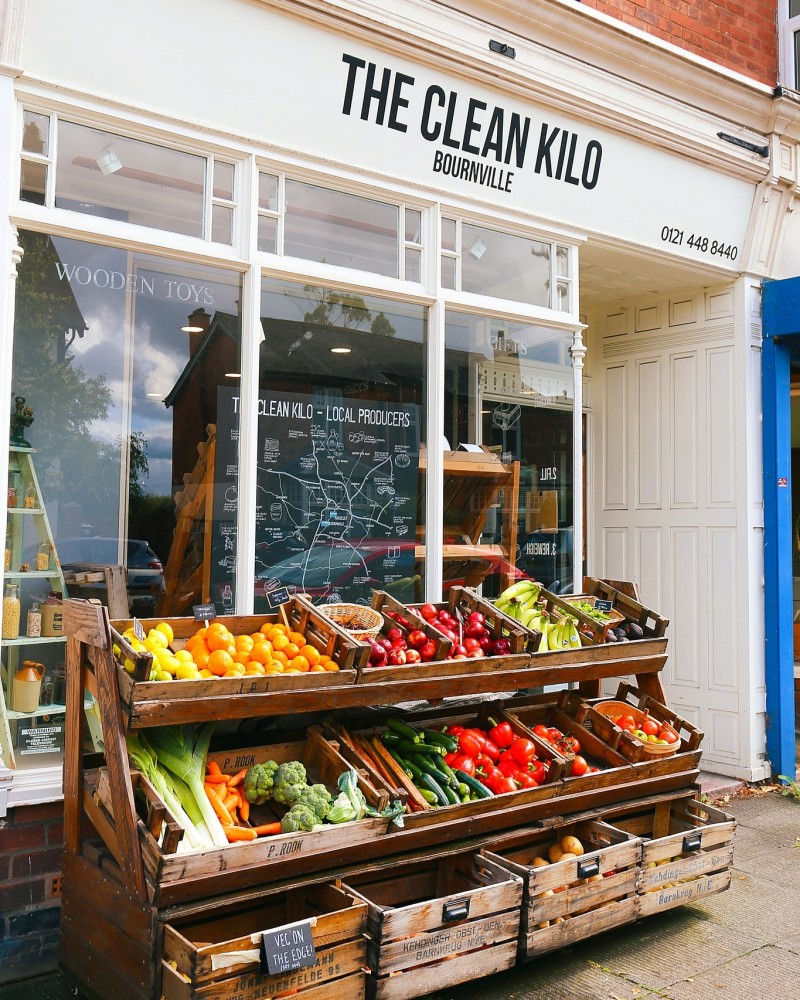
The Clean Kilo (Birmingham) is England’s largest zero-waste supermarket. Situated in Bourneville, it’s beautifully fitted out with a deli, chilled plant milk dispensers and machines to make your own orange juice and peanut butter. However successful it is, a stark reminder that we need to support zero waste shops as it already had to close the other store, due to the cost-of-living crisis. Use them or lose them.

The store promotes Brummie Cup, a reusable takeaway cup that can be borrowed for a £2 refundable deposit. It’s in 2 sizes and 5 colours. This helps reduce the 7 million disposable cups sold in the UK, mostly used for 15 minutes before being thrown away (they can’t be recycled, due to the plastic lining). They don’t yet have lids, so either ask to go without or use one you already have.

Most food is organic from local artisan producers, bought in bulk to build strong relationships and good income for small suppliers, and containers are exchanged to create a circular economy. This keeps money in the local area, and helps to reduce road traffic as no lorries are needed to deliver food to local people, which helps to reduce carbon emissions. Even the crisps arrive in packaging-free containers from nearby Staffordshire.

